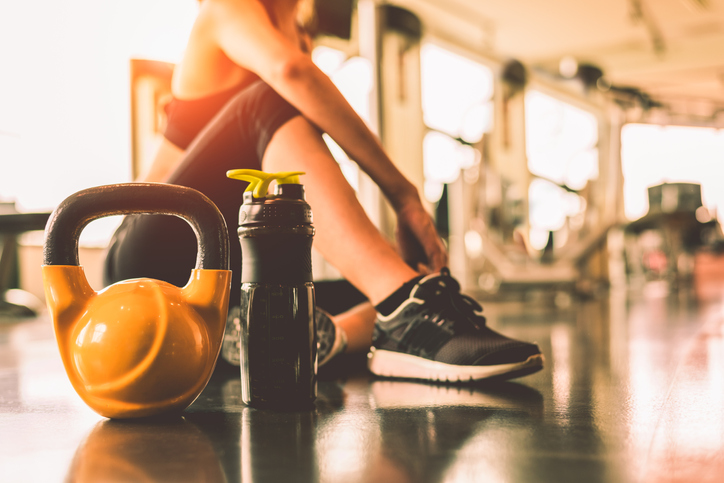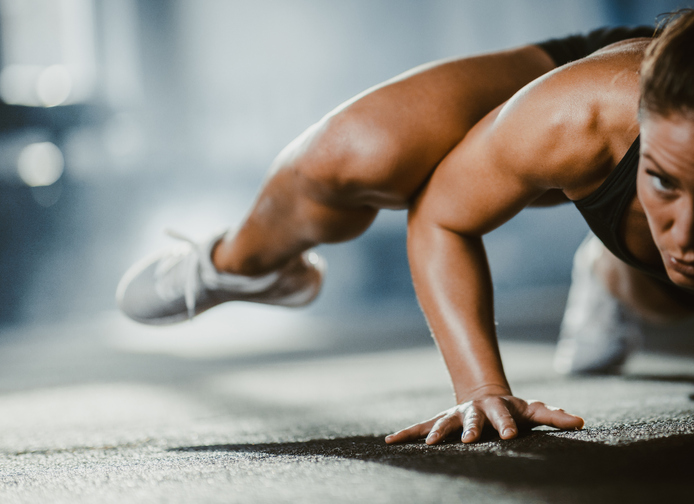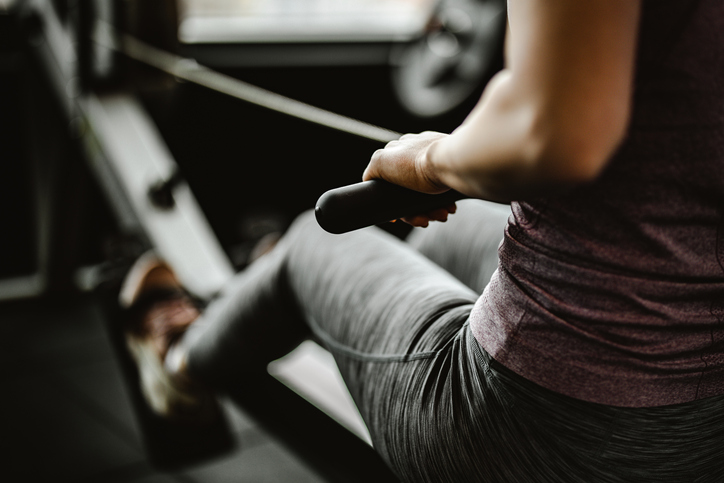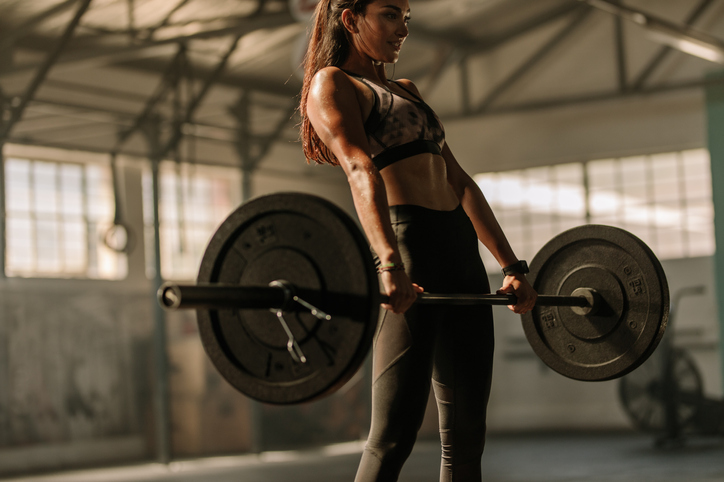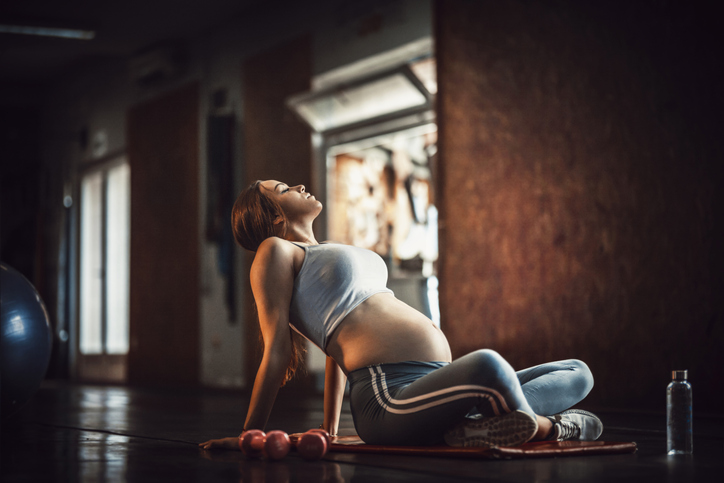Table of Contents
Losing Weight
1. What do I have to do to lose fat?
Create a calorie deficit. A calorie deficit is when one consumes less calories than they expend. If you aren’t losing fat, then you aren’t in a deficit, haven’t been patient enough, or you have a medical issue (rare).
2. Do I need cardio to lose fat?
No. You could just eat less calories instead of trying to burn them to create a calorie deficit as I spoke of above. However, fasted cardio can help expedite calorie burn if you choose to do it, among having other health benefits. Even walking and hiking are good cardio for fat loss.
3. What’s the best exercise to lose belly fat?
A combination of weight training and cardio while monitoring your calorie intake. All fat is lost by being in a calorie deficit for long enough.
4. What weight should I be for my height?
There is no right answer for this because it doesn’t take muscle mass into account. I’m obese according to the BMI chart because I have a good amount of muscle for my frame however I am not even overweight.
5. Does fasted cardio increase the amount of fat you lose?
No. Fasted cardio is when one does cardio on an empty stomach such as first thing in the morning before you eat. It can target stubborn fat in conjunction with certain supplements but it doesn’t burn more calories overall. In fact it probably burns less calories overall compared to when fed as you can’t push as intensely usually as compared to when one is fed.
Female Fitness
6. Should all women strength train?
Yes, absolutely. It’s the best exercise for long-term longevity, metabolism, fat loss, muscle and bone strength and shaping your physique. That goes for men as well.
7. How can women prevent themselves from getting bulky while strength training?
Control calorie intake. Women don’t have the hormonal makeup to get big like men do. The reason you might get bulky is because of your diet, not the weight training.
8. Can I strength train while pregnant?
Yes. It has actually been proven to help childbirth. Usually you can continue doing what you were doing before you got pregnant and obviously stay away from anything that could impact the belly.
(O’Connor PJ, Poudevigne MS, Cress ME, Motl RW, Clapp JF 3rd. Safety and efficacy of supervised strength training adopted in pregnancy. J Phys Act Health. 2011;8(3):309-320. doi:10.1123/jpah.8.3.309)
Weight Training
9. Should I drink pre-workout to fuel my workouts?
If you choose to, but it’s not a game changer. Or you can just have some coffee. Caffeine is the main beneficial ingredient in pre-workouts so coffee will give you a similar benefit.
10. How long after training should I take my protein shake?
Our body works on a 24-hour cycle, so how much you consume over that time period is more important than when you take it. Within a few hours is fine. I prefer to have protein right when I wake up as your body has been in a fast all night and then I spread it out through the day.
11. Should all athletes lift weights?
If it’s a physical sport, it’s mostly always an advantage to be stronger than your opponent. However, in some sports such as long distance running, you don’t want a lot of muscle as it takes more energy to maintain it.
12. Why can’t I grow muscle?
You’re not eating enough calories and/or not progressing with your training stimulus. In order for most to gain muscle one needs to eat a bit more calories than what they are burning while training correctly.
Diet
13. What’s the best alcohol to drink while dieting?
Vodka or gin with a calorie-free soda. You can drink alcohol and still lose weight, if you are under your caloric goal for the week. I tell clients vodka, soda and lime, as it’s minimal calories, however preferably nothing.
14. What’s more important in my diet: Quality or quantity of food?
They really go hand in hand. Quantity determines weight loss, gain or maintenance however when you raise food quality, food quantity then indirectly goes down. For example when one eats more processed foods in comparison to whole foods they tend to eat more calories and vice versa.
15. Is fruit fattening?
No. Eating too many calories overall is what is fattening. There is no one food that is inherently fattening although some foods are better than others to help keep calories lower or maintained. These foods tend to be lean proteins, vegetables, fruits and other nutrient dense foods. Potatoes are known to be the most satiating food for the calories.
16. What is the best diet for me?
The one that you enjoy and can sustain over time. The one that isn’t a diet but a lifestyle and helps you reach or stay at your goals. There is no one size fits all diet and what worked for one might not work for another.
17. Do fat loss shakes, fat burners and skinny teas work?
Minimally. Over the counter “fat burning” supplements can burn slightly more calories with the caffeine and other stimulants. It can also have a placebo effect which can help some. I wouldn’t pay for them however.
18. Do waist trainers/sweat belts work?
Only for temporary water loss, not for fat loss. Don’t expect to lose fat with a waist trainer, and if you wear it too tight it can actually cause issues with your internal organs so be careful if you choose to use them. I don’t recommend them to my clients.
Rest & Recovery
19. How many rest days should I have?
It’s individual and all depends on how you feel. If you have been training hard or dieting for a long time, then more rest and breaks are recommended. Every week can be different so rest when you feel you need it. If you don’t rest or sleep enough, problems can compound.
20. What’s the best form of recovery?
Sleep to re-energize and recover. Water to flush out your system. And protein to repair and rebuild. Days off, diet breaks and deloads from training are all beneficial.


